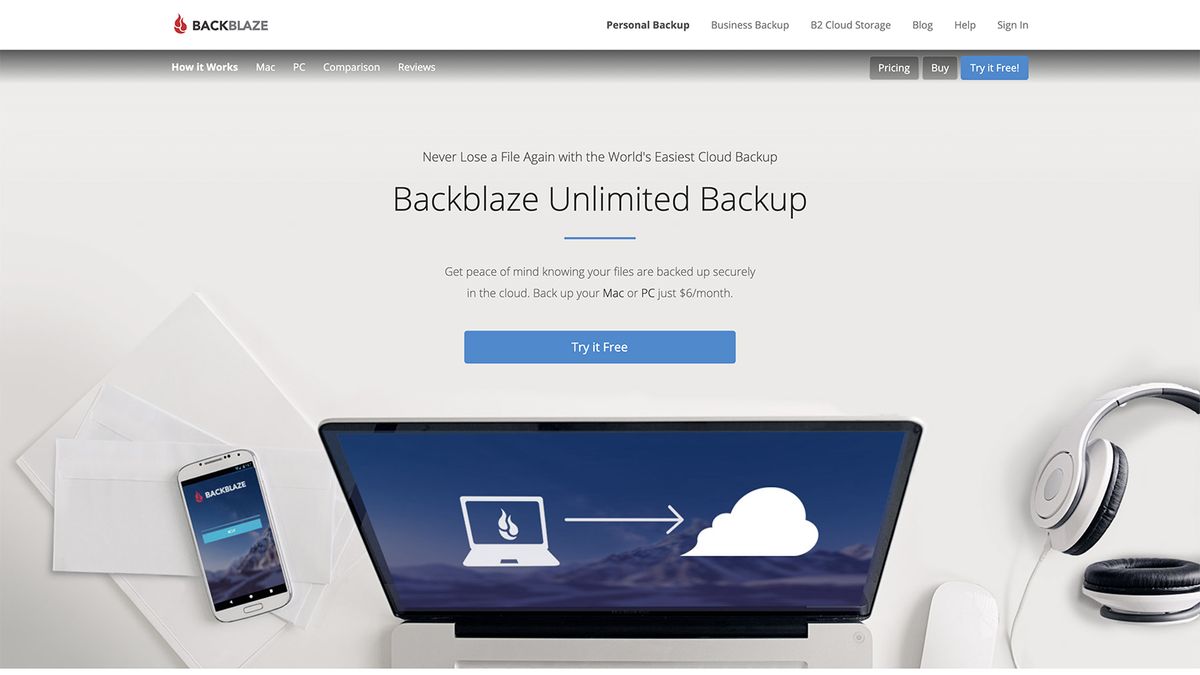

Security threats-a ransomware or other malware infection on a NAS device can result in data loss and exposure of sensitive data to attackers.However, if multiple devices fail, the remaining devices may not be able to deal with the load, causing NAS failure. Mechanical failure-RAID systems are configured to compensate in the event of a single drive failure.Human error-can result in NAS data loss if a user accidentally deletes files, overwrites a drive, improperly updates or reformats the device.The following are common reasons for data loss on NAS devices: The possibility of data loss is a real threat and should not be ignored. NAS devices are often used to store sensitive enterprise data. NAS Cloud Backup with NetApp Cloud Backup.Backup to a Directly Attached USB Hard Disk.We’ll review several NAS backup strategies and their pros and cons. A NAS backup strategy should also address all the additional aspects such as number of copies, retention periods and terms, different locations and platforms, and more. NAS is commonly used by enterprises for sensitive data, and it is important to set up backup for NAS devices, to ensure you can recover data in case of data loss.Ī NAS backup strategy is a technical method for backing up NAS data to another system or device. Network-Attached Storage (NAS) is a storage system that lets computers access storage over a local area network (LAN).


 0 kommentar(er)
0 kommentar(er)
